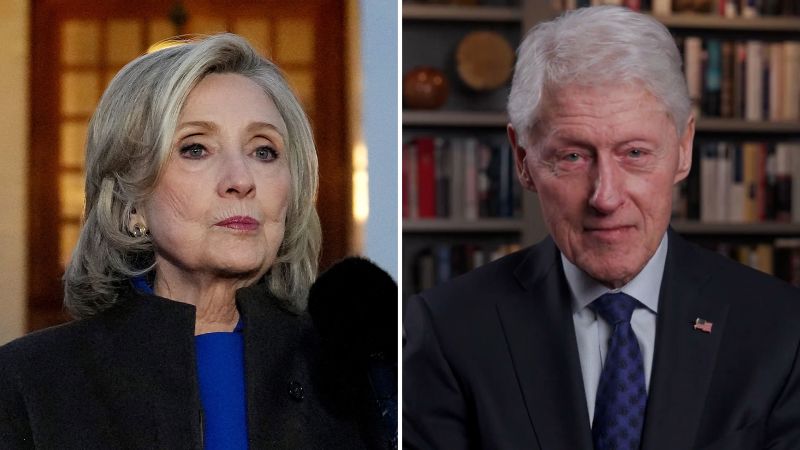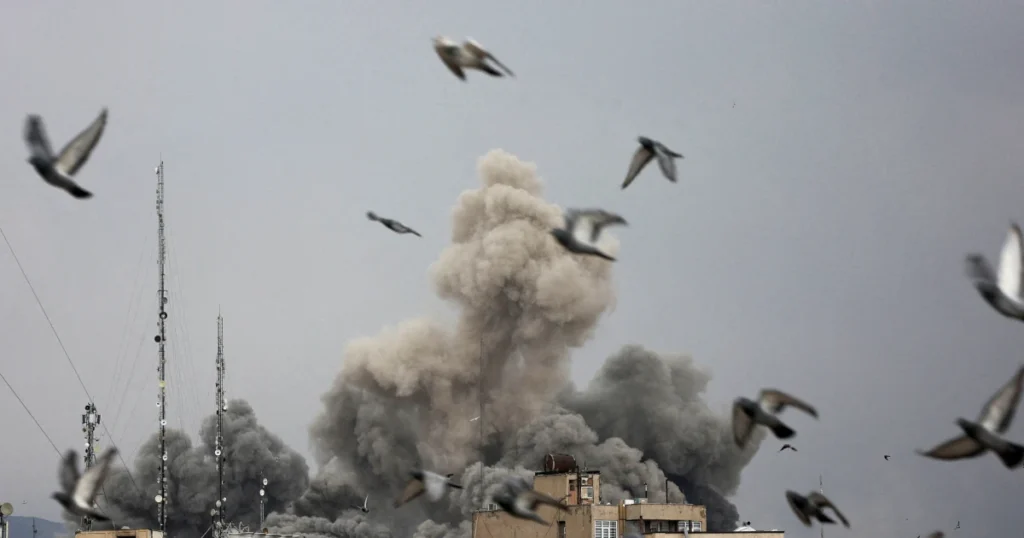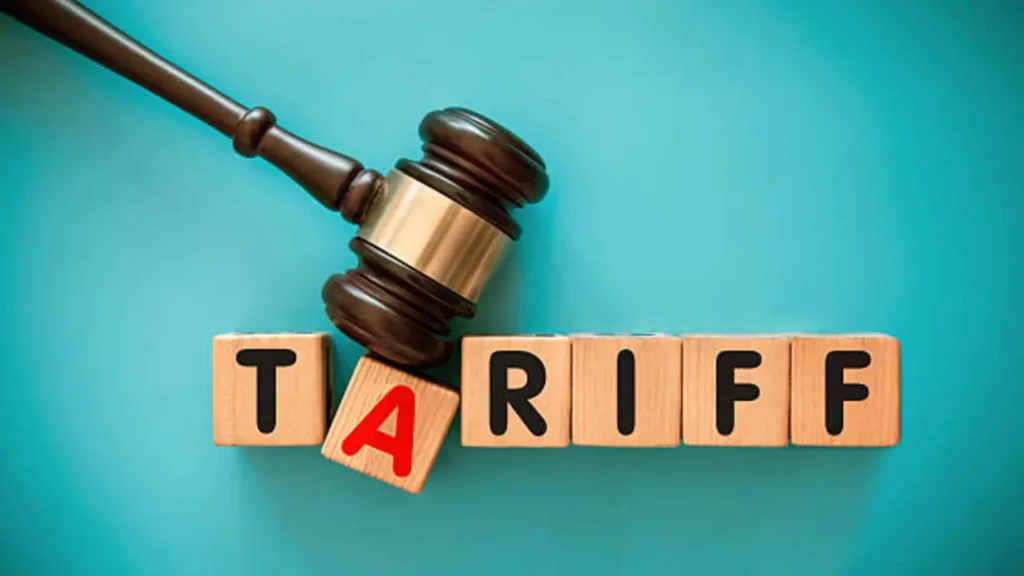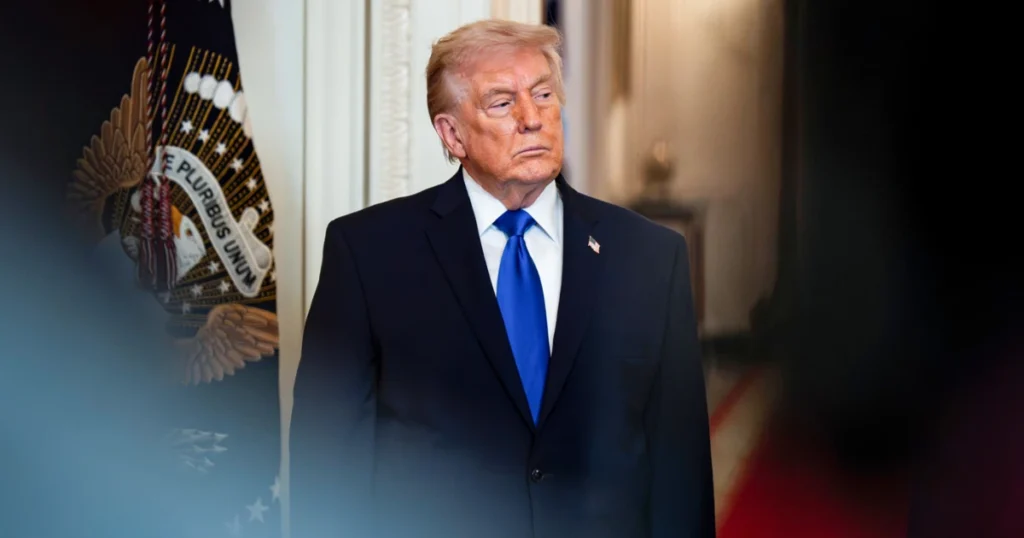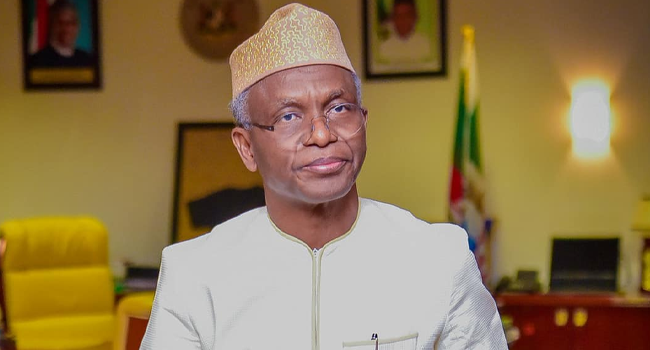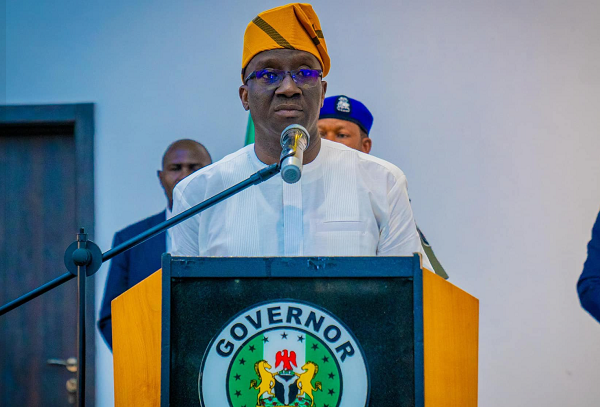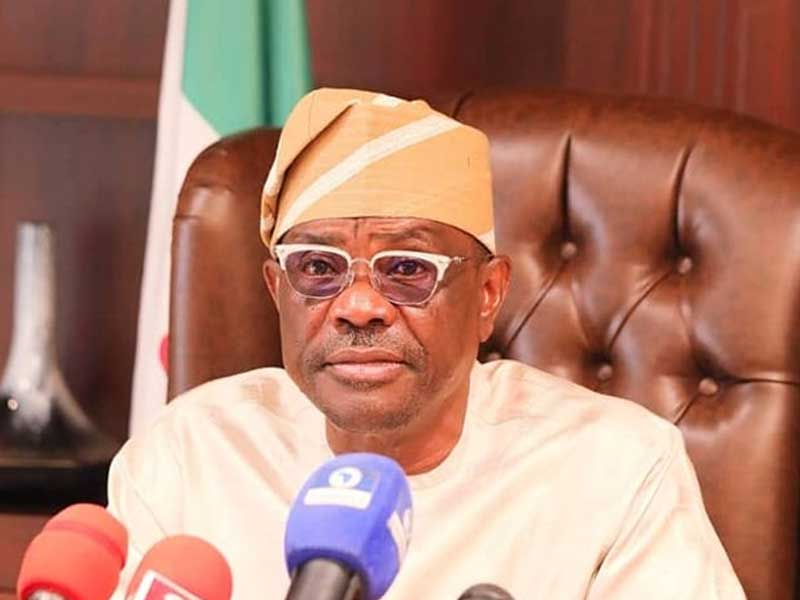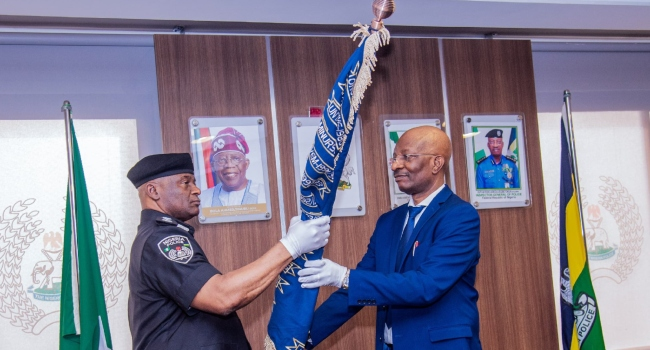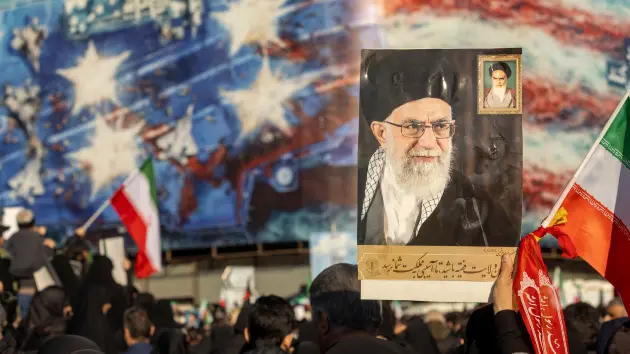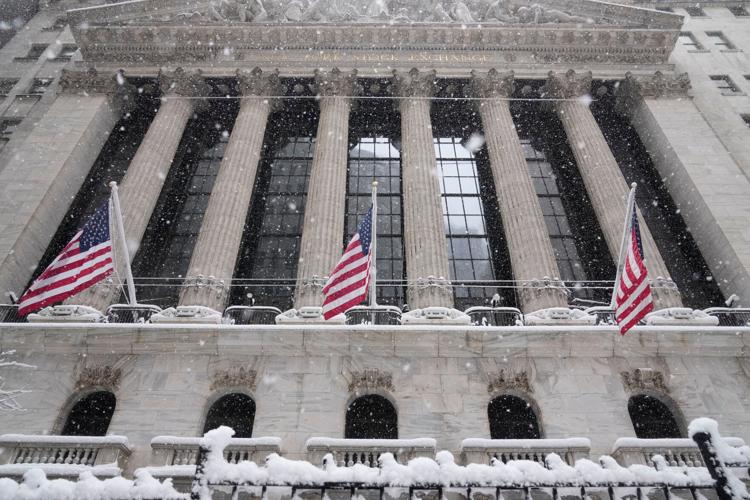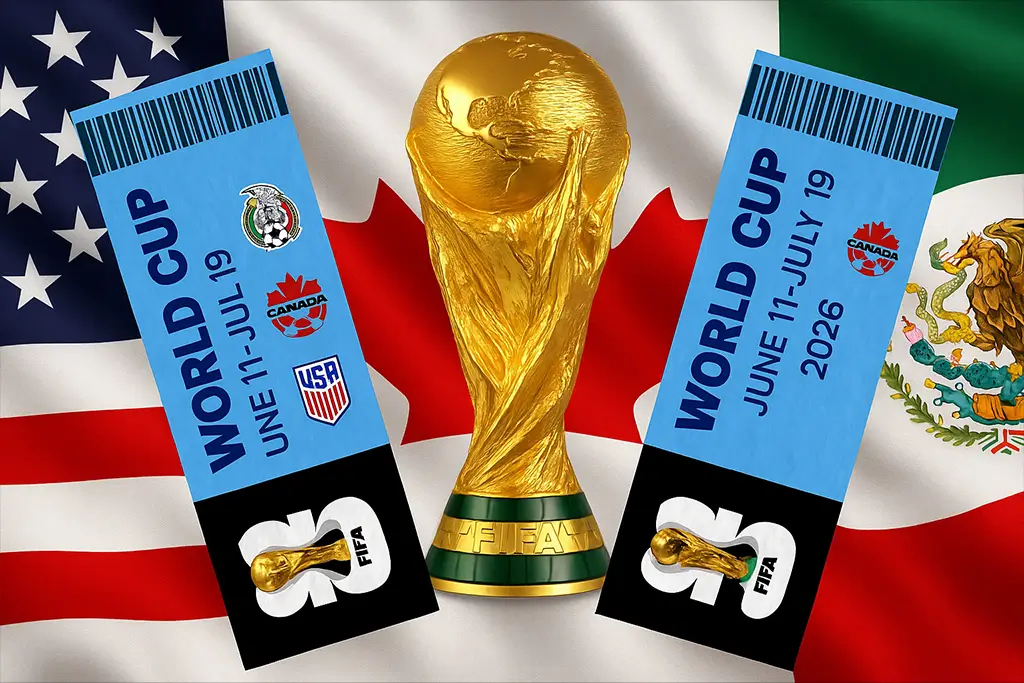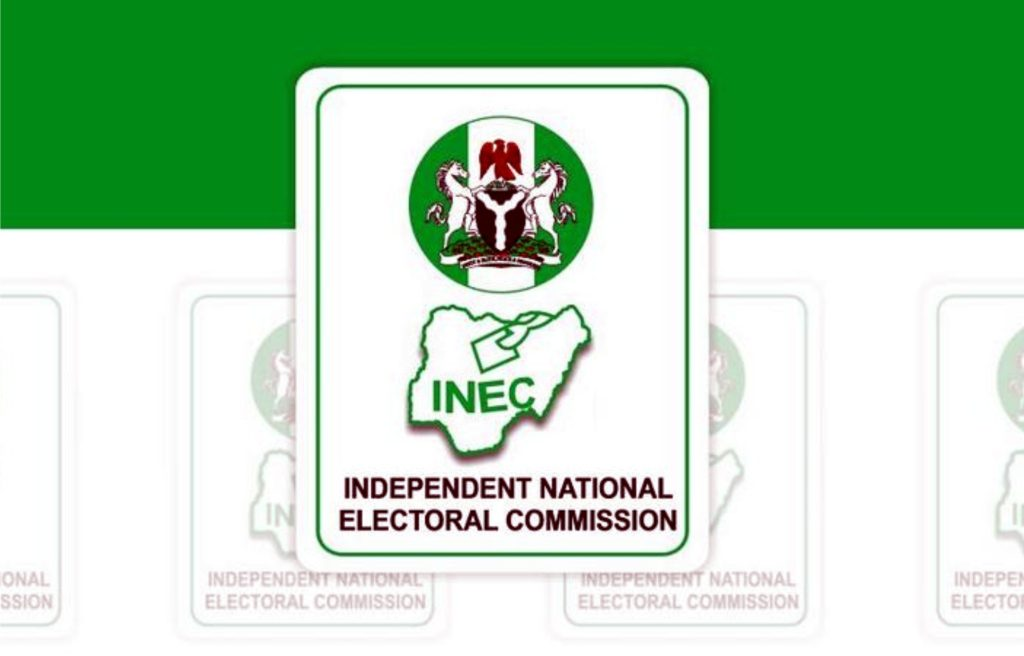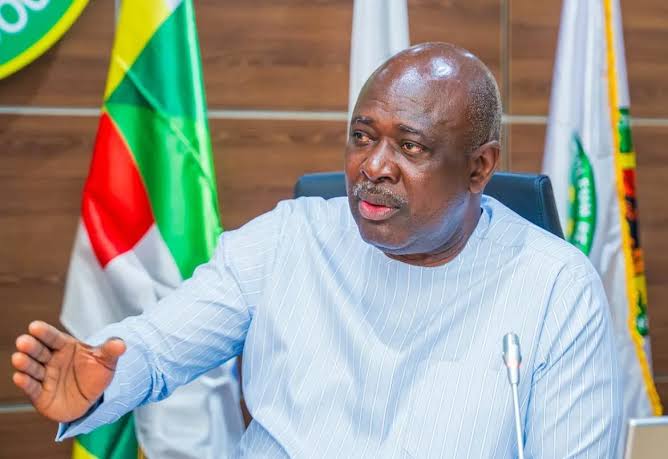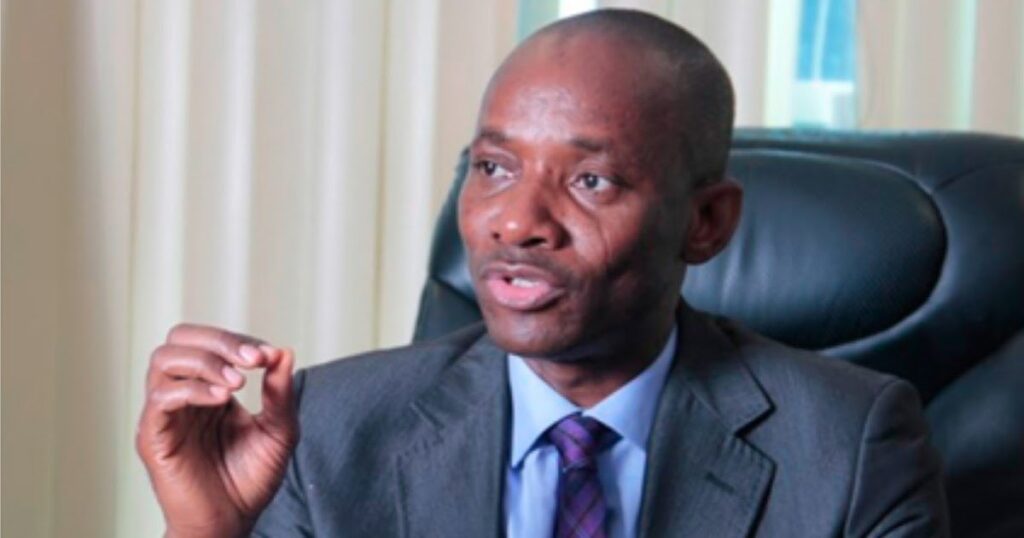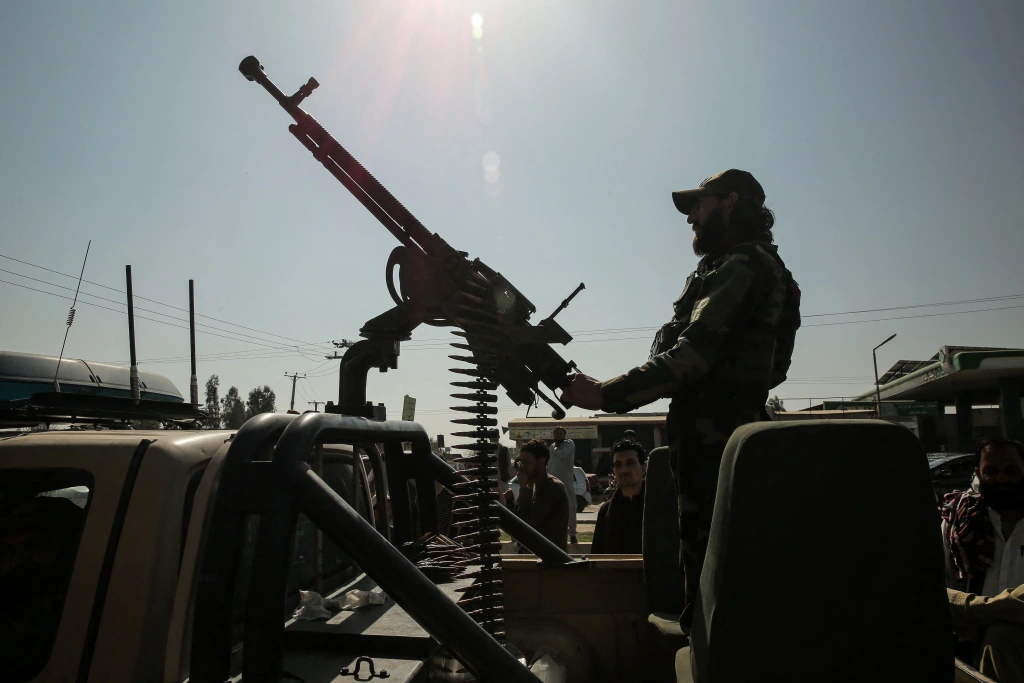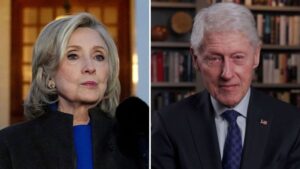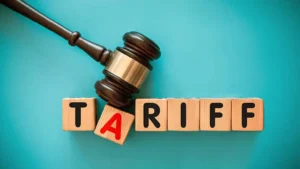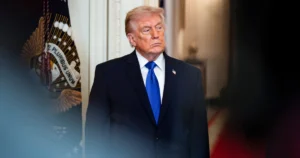A coalition of advocacy organizations filed a federal lawsuit on Monday challenging former President Donald Trump’s recent executive order aimed at overhauling the U.S. election system. The lawsuit argues that the order exceeds presidential authority and would unlawfully restrict access to the ballot.
Filed in U.S. District Court in Washington, D.C., the lawsuit accuses Trump of attempting to impose sweeping changes to federal election rules — including requiring proof of citizenship for voter registration and limiting mail-in voting deadlines — without congressional approval.
“The Executive Order violates the Constitution by bypassing Congress and undermining the separation of powers,” the complaint states. “It unlawfully hands the president unilateral authority to dictate election procedures, which poses a grave threat to American democracy.”
The plaintiffs — the Campaign Legal Center and the State Democracy Defenders Fund, filing on behalf of the League of United Latin American Citizens (LULAC), the Secure Families Initiative, and the Arizona Students’ Association — are seeking a court order to block implementation of key provisions and to force the Trump administration to revoke any related guidance already issued.
The lawsuit names several defendants, including the Executive Office of the President, Attorney General Pam Bondi, Defense Secretary Pete Hegseth, the Department of Justice, the Department of Defense, and the U.S. Election Assistance Commission (EAC), as well as all current EAC commissioners.
Trump’s executive order, signed last week, claimed that the current U.S. election system fails to enforce “basic and necessary protections.” It directs the Department of Justice to prosecute election-related crimes in states the administration deems noncompliant with federal law. It also instructs the Department of Homeland Security to collaborate with the newly created Department of Government Efficiency, led by Elon Musk, to review state voter rolls. Additionally, the EAC would be authorized to withhold federal election funding from states that fail to implement “uniform and nondiscriminatory” vote-counting standards.
“States are required to conduct elections in accordance with federal laws that protect the integrity of the vote,” the order reads, “ensuring that every eligible vote counts — and no illegal vote dilutes the will of the people.”
Critics say the executive order is a dangerous overreach that could disenfranchise millions, especially voters in minority and underserved communities. Legal experts predict the case could become a significant test of presidential power in setting election policy.


